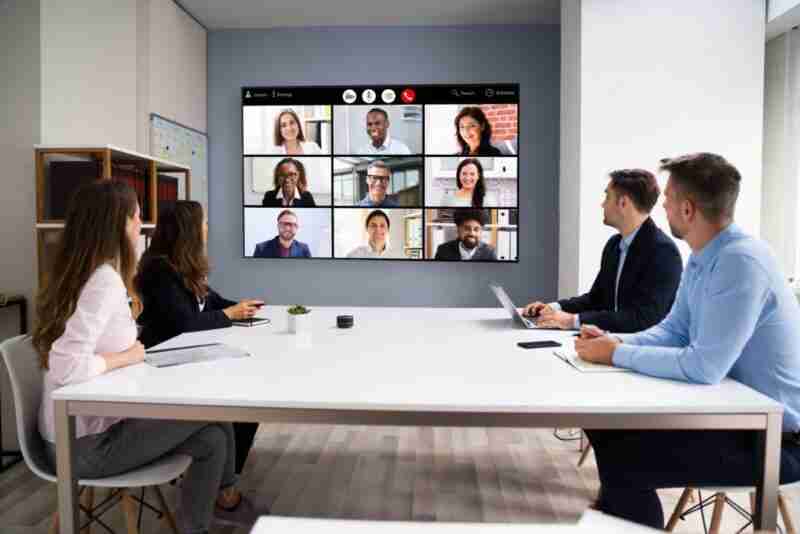
The past three years have ushered in a significant transformation in work dynamics. The advent of remote work has given rise to a hybrid model that blends in-office and remote elements. As we delve into this shift, it becomes evident that the future of work is marked by adaptability and flexibility.
According to a McKinsey survey conducted in the fall of 2022, the average employee now spends just 3.5 days per week in the office – a 30% decrease from pre-pandemic norms. This shift is indicative of a broader trend, with 56% of respondents embracing hybrid work arrangements, allocating 1-4 days per week to in-office activities. This highlights the ongoing transformation in work patterns, highlighting a significant focus on flexibility and adaptability in the professional landscape.
Amid this transformative shift, organizations are witnessing tangible improvements in productivity from their remote teams. However, opinions among chief executives regarding the sustainability and advantages of remote work are diverse, underscoring the ongoing dialogue and exploration surrounding the future of work.
Aviva, a leading U.K. insurer, exemplifies this diversity of perspectives by revealing the intricacies of balancing remote and in-office work. Their research unveils substantial variations in employee opinions, prompting Aviva to pioneer a customized strategy. This innovative system assists managers in determining the optimal balance of time team members should spend in the office, a departure from the one-size-fits-all return-to-work plans
The potential of generative AI for remote and hybrid work is substantial. From facilitating information sharing to improving communication and collaboration, enhancing productivity and efficiency, and supporting knowledge management and skill development—all while ensuring security and privacy—AI is reshaping the very fabric of our work experience.
However, as organizations embrace AI, they must manage associated risks and address liabilities. This proactive approach enables them to harness the full potential of remote and hybrid workforces, creating workplaces that are flexible, efficient, and fulfilling.
Recognizing that there’s no universal solution for successful team engagement in future-ready growth, my experience with organizations thriving in this evolution emphasizes key principles:
- Openness: Embracing new approaches and work environments, whether in the office, remote, or hybrid, and involving team members in shaping the future workplace.
- Authenticity: Fostering trust and engagement through transparency, aligning employees’ personal values with organizational objectives.
- Empowerment: Enabling middle managers and team members to learn, experiment, and co-create new solutions with customers, partners, and peers in other organizations.
- Curiosity: Staying curious, exploring emerging trends, and continuously adapting policies, processes, and organizational structures to ensure future readiness.
While the specific needs may differ for each company, all future-ready leaders are actively taking steps to explore, learn, and empower their organizations for sustained success in the evolving landscape of work.
The future is calling for bold leadership, innovative strategies, and a commitment to fostering environments where teams can thrive. If these insights resonate with you and you find yourself seeking a speaker who can bring real-world experience, proven methodologies, and a vision for the future of work, look no further.
Consider bringing this conversation to your organization or event. As a speaker with 30 years of experience leading growth and transformation for industry giants such as Adobe, Cisco, Google, and more, I am dedicated to delivering impactful keynotes, facilitating workshops, and accelerating future readiness.
To book me as a speaker for your next event, or to connect for more insights into the future of work in 2024 and beyond, reach out or follow me on LinkedIn.
I look forward to the opportunity to collaborate, inspire, and co-create a future of work that aligns with your organization’s goals. Until then, stay future-ready and empowered.

